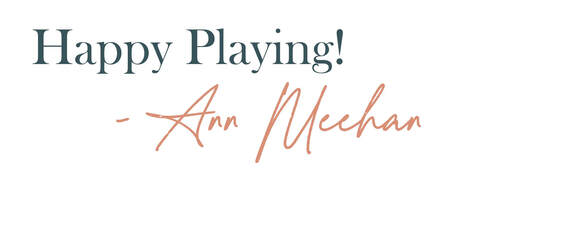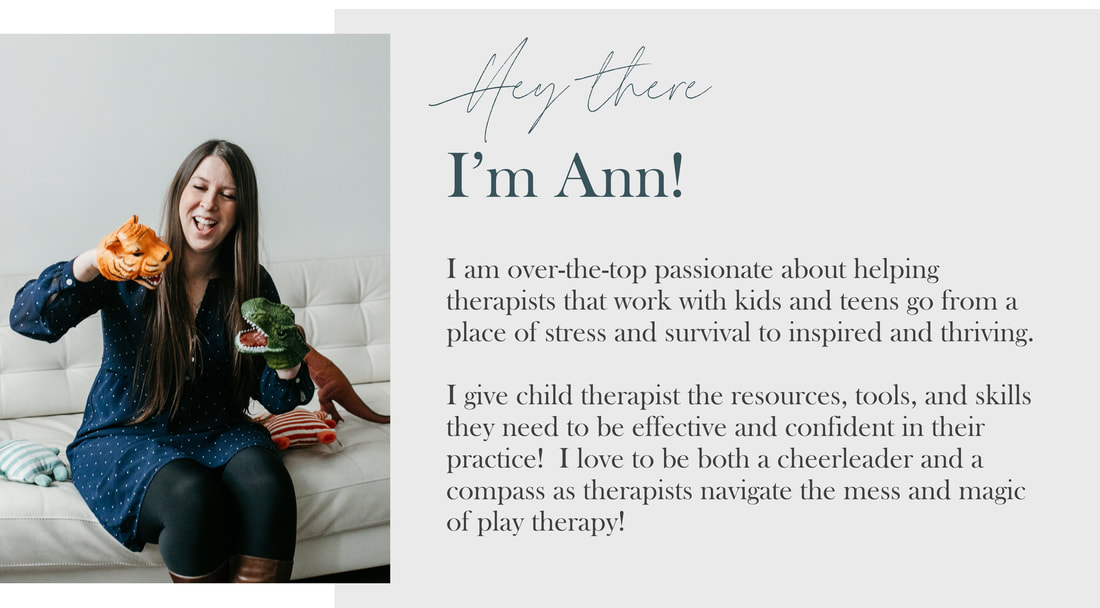|
Doing life as a parent is complicated. It is the intricate balance between too much structure and not enough, relationship and limits, independence and boundaries. And given that each child is a completely different individual, what one child needs may not be the same as the next.
For more about validation check out a deeper dive into the 6 Levels of Validation and a mindset shift for parents that validation isn't agreement.
I wanted to offer another mindset shift and perspective on balancing validation and limits. First it is important to understand why the need for balance in parenting is essential. To do this we take a closer look at Dialectical Behavioral Therapy (DBT) and how it can apply to parenting! In DBT (learn more about DBT HERE) the term dialectic means that there is an opposite to everything, two opposing sides. A core concept of this model is that we are most effective when we can find a balance between two opposite ends of the spectrum. In Dr. Dan Siegel talks about this at the River of Wellbeing. To be in “flow” we have to balance between the river banks of rigidity and chaos. And parents really get this! In most situations balance is necessary, but the execution can be a bit stressful. Like a waiter that is balancing a tray full of champagne glasses…. If you make it to your destination (a regulated positive resolution) a toast to you! Alcoholic or non-alcoholic of course - whatever is your jam! AND there is a very good likelihood that everything may come crashing down in the process. What does this look like? Situations that escalate, children and grown ups who aren’t communicating effectively, and punishments and consequences that get waaaay out of control. Think three months without friends, losing a birthday party, or being on time-out from tech for the rest of the year. I wanted to share with you one of the statements that often can lead to the latter when parents attempt to juggle validation and limits. The interaction might start out with perfect textbook validation but the addition of this one little word makes the whole interaction take a U-turn into invalidation. What is that word you ask? But. Yup, I’m sure you have been on the receiving end of this a time or two. Likely more. This is when a parent can connect with the child and say things like “That is so hard, I understand why you are feeling so sad and hurt about your friend at school” and then it happens. The but enters and it goes something like “but you still have to go to school this morning”. Parents usually take this U-turn into invalidation because they are worried about one or more of the myths of validation. This one here? A parent likely might be worried that the child will request to stay home or think the parent would agree to let them stay home. The word “but” just throws all of the positive connection, validation, understanding, and attunement out the window. It’s like a parent never said it. All the child listens to is what comes after the “but”. Don’t believe me? I would encourage you to reflect on a time when someone was attempting to comfort or validate you and it just fell flat. You felt disconnected and misunderstood. If you really think about it there is a good chance that somewhere in there is the word “but”. So what do parents say instead? Well…. I wanted to share the power of AND! And creates a dialectic where we can have balance where BOTH things are true at the same time. The child can still be valid in their difficult feelings AND need to go to school. This might sound like “That is so hard, I understand why you are feeling so sad and hurt about your friends at school. That really makes sense why this would be so hard. And you do still need to attend school today because your job is to be in class. How can I help make it easier for you to go to school today”. And POOF just like magic the child can feel heard and validated and at the same time jumpstart connected problem solving about next steps. This word can come out at other times too. Sometimes parents will be validating or reinforcing a child’s positive behavior and then panic sets in that there are other things to work on and that one little word enters the picture. This might look like “you are doing such a great job organizing your room, but you are still behind on your homework”. For these circumstances it is totally and completely okay (and recommended) to STOP at the but. No need to bring anything else into the picture, just validation and reinforcement and set aside the tasks that need improvement for another interaction. What about your therapy practice? What are other words or phrases (although used with good intention) that can lead to invalidation? Drop them in the comments below! Loading...
0 Comments
Leave a Reply. |
Hi, there!I'm Ann Meehan, an LPCC, Loading... Archives
July 2024
Categories
All
|
Privacy Policies | Terms of Use | Disclaimer
Contact
[email protected] | Copyright Meehan Mental Health Services 2022
Contact
[email protected] | Copyright Meehan Mental Health Services 2022







